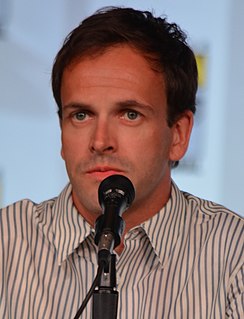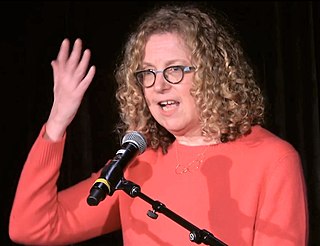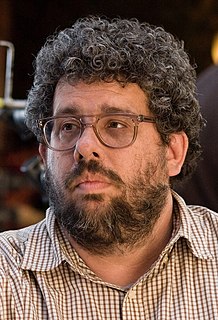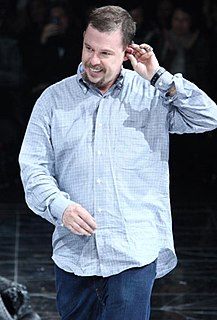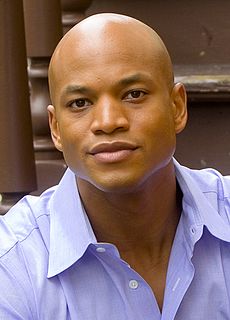A Quote by Claire Dederer
I think that what I knew as a teenager, and what I rediscovered in my mid-forties, was - aside from the primacy of sexual desire and how strongly it rules me - this idea that we are lucky to feel something. Even if that something is sadness.
Related Quotes
I would hate to think I'm promoting sadness as an aesthetic. But I grew up in not just a family but a town and a culture where sadness is something you're taught to feel shame about. You end up chronically desiring what can be a very sentimental idea of love and connection. A lot of my work has been about trying to make a space for sadness.
My kind of nightmare quote is from Deborah Tolman, who does research on girls and desire and is, I think, brilliant. She told me that by the time girls are teenagers, when she asks them how sexual experience made them feel, they respond by how they think they looked; they think that how they look is how they feel.
I hope my talent has something to do with it. I just think this business is so crazy. I obviously do the best I can, and the directors I admire see something in me. But this is a strange business, and there are people who are incredibly talented who never make it, who never get these opportunities. So that's why I say I'm lucky. I don't feel that I'm not talented - I think I am talented - but I also think I'm very lucky.
We're living history all the time, in the papers, in the news, you think about stuff and it goes into your brain and you think about it and it comes out somehow. You have an idea; you've heard a phrase, or you're angry, or something disturbs you, or something seems paradoxical to you, you explore that idea, much like a writer would explore maybe an idea through metaphor. Maybe artists use their vehicle to explore ideas, so I think the things that interest me are the kind of idea of continuous change and how nothing stays the same and it's always disintegrating into something more.
At the very beginning, it's a desire and that's not the same thing at all, because when you have the desire to do something, all the work you can do is a positive thing. It's not something that you calculate. An idea is something you work on to make it work and a desire is much deeper in a way. The immersion, it's classical, I watched a lot of movies.
I think I write or publish as much as I do because I can bear being without a book to work on. But routinely when I finish a book, I think, "What will I do? Where will I get an idea?" And a kind of low-level panic sets in. And then eventually something happens. I don't know. If I knew how it happened I would repeat the process, but I don't know - something just occurs to me.
Thomas swallowed, wondering how he could ever go out there. His desire to become a Runner had taken a major blow. But he had to do it. Somehow he KNEW he had to do it. It was such an odd thing to feel, especially after what he'd just seen... Thomas knew he was a smart kid- he somehow felt it in his bones. But nothing about this place made any sense. Except for one thing. He was supposed to be a Runner. Why did he feel that so strongly? And even now, after seeing what lived in the maze?
I don't think my father considered allowing a teenager to follow his dreams was necessarily good parenting, or even parenting. I think he thought I was a teenager with teenage impulses. I'm pretty sure he knew that if he just let me follow those impulses, it would wind up being very expensive and perhaps even life-endangering.
The belief when your mother gives you away is that there's something deeply wrong. Mothers don't give babies away. There's something wrong with me, something unlovable, something seriously flawed in me. It's a fundamental thing; it's precognitive. You feel it rather than think it. How could you not?

